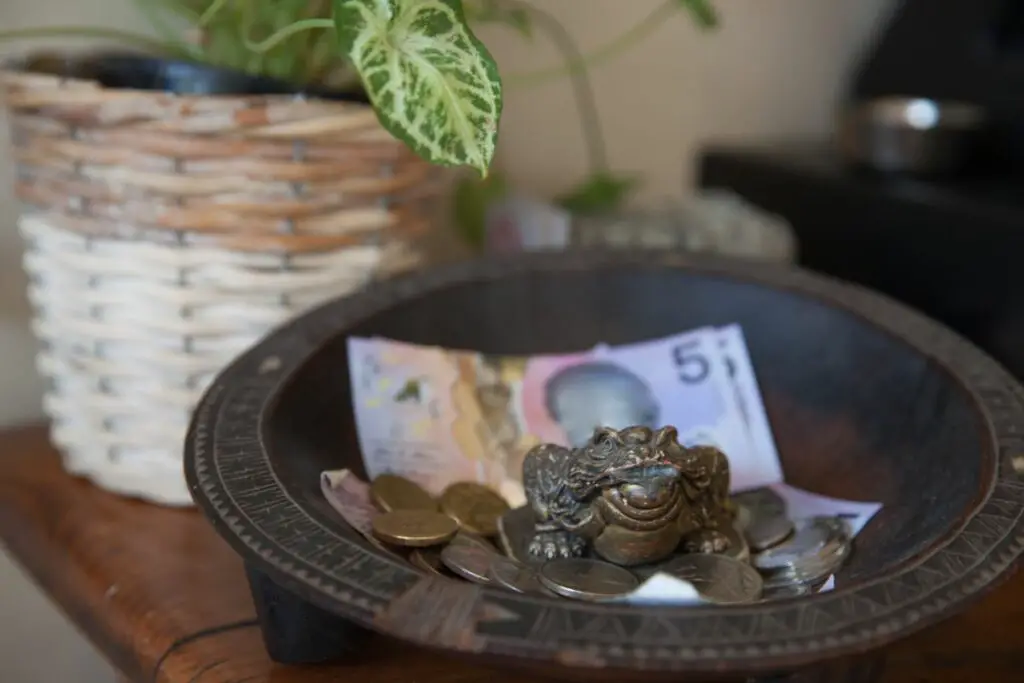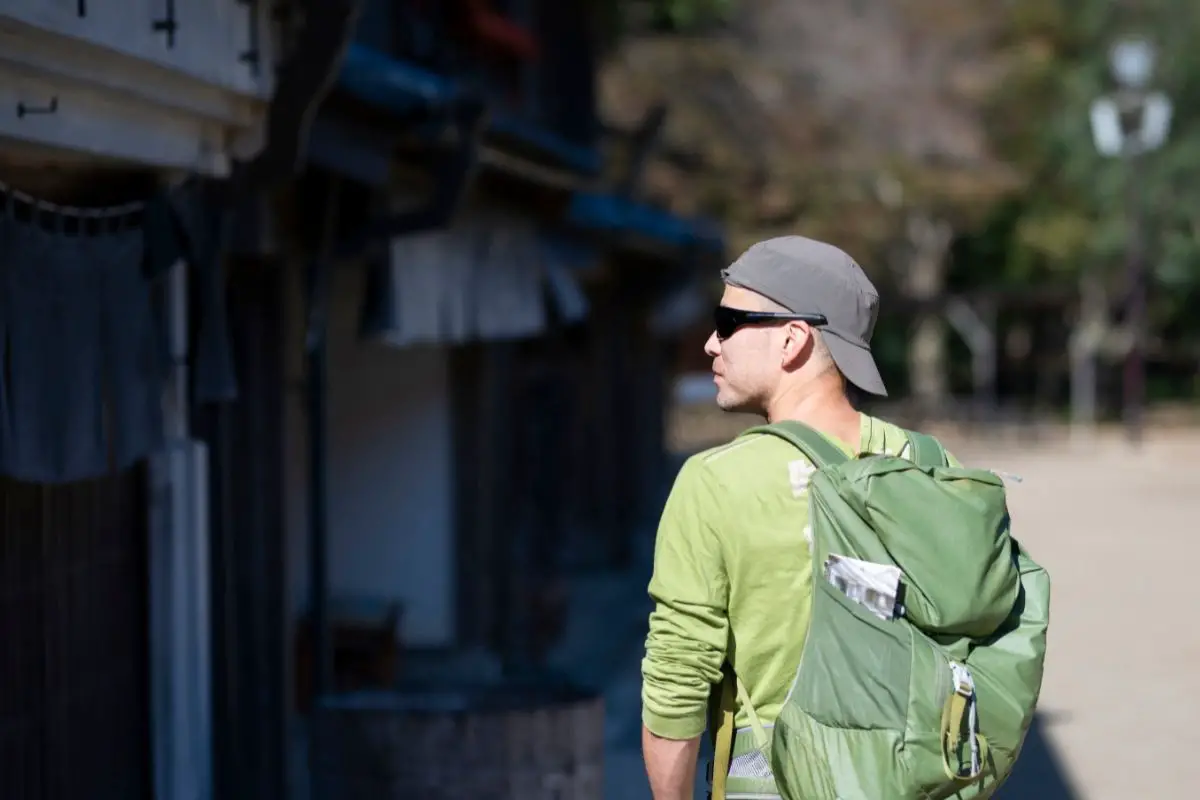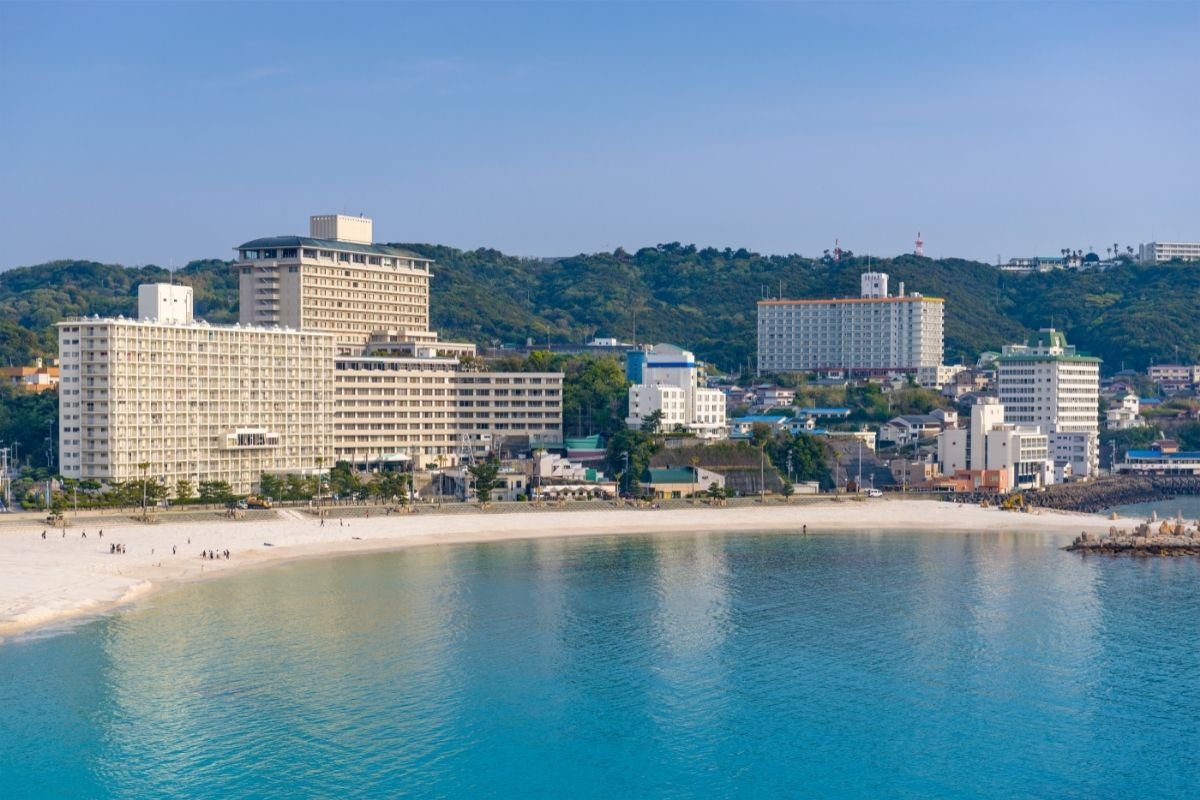Tipping is a fairly common behavior that’s seen in Western culture.
Taxi drivers, luggage handlers, hair stylists, and restaurant staff are all examples in which tipping is seen as standard. Most people tip 15% as standard, 20% for great service, and 10% for anything mediocre.

Tipping may be a normal custom for some, but it isn’t that common in some cultures around the world, like Japan.
Whether you are visiting Japan for a vacation or work, Japanese traditions can be very different from the ones we are used to, in particular, tipping.
You’ll learn more about Japanese tipping etiquette in this post, including when tipping is and isn’t acceptable in Japan.
Is It Rude To Tip In Japan?
If you’re not that familiar with Japanese traditions and culture, you may be amazed to know that tipping isn’t seen as necessary in Japan. Tipping can also be seen as rude, so be aware of this before visiting!
Tipping can be seen as rude as the Japanese value respect and dignity much more than tipping (see also ‘What Not To Do In Japan‘). Their belief is that good service is a requirement, no matter what the price of a service is, so you won’t need to pay anything extra.
There aren’t that many countries around the globe that value great service, but Japan is one of them. However, there are some exceptions to the no-tipping custom which we’ll cover later on.
First, we’ll get into when tipping isn’t acceptable in Japan.
When Is Tipping Unacceptable In Japan?
Tipping isn’t just seen as rude, as your money will be declined in most scenarios. Knowing when tipping is and isn’t acceptable can help you prevent any embarrassing or impolite moments in Japan.
Here are some examples in which you should never tip.
Restaurant Service
In Japan, restaurants are places where you should never tip. Most restaurant staff and waiters will see tipping as a waste of time, and insulting to their service.
If you are used to tipping back at home, tipping may be a habit that you’re used to, so it may be difficult to avoid this at first. Try to avoid thinking about what you would usually do and respect that you are experiencing a different culture.
If you do want to show your appreciation to the restaurant staff, all you have to say is thank you, or in Japanese, arigato gozaimasu.
Taxi Drivers
Tipping taxi drivers might be a custom in places like the UK and the USA, but in Japan, there is no expectation to tip your chauffeur or taxi drivers.
Again, all you have to say is thank you, no more is required!
Spas And Hotels
Spa and hotel staff in Japan don’t expect you to tip. If you do offer a tip, they may or may not reject your tip. If your money is declined, don’t be taken aback, as this is just part of Japanese traditions.
If you really want to tip, you can leave your money in an envelope and leave it in your hotel room after you leave. Never, under any circumstances, hand your tip to a staff member, as this is deemed rude.
When Is Tipping Acceptable In Japan?

Tipping is generally seen as unacceptable in Japan, but there are some exceptions to the no-tipping rule! Here are some possible scenarios in which tipping is appreciated and accepted.
Japanese Tourist Businesses
A scenario in which tipping is not impolite is gratuities to Japanese tourist businesses (see also ‘Do Japanese Like American Tourists?‘). These companies are used to tipping and might be grateful to receive a small tip.
If you do want to tip, remember that you should not just hand the money to the individual, as the Japanese have particular tipping etiquette.
You should put your money in an envelope, then hold the envelope in both of your hands positioned forwards, with your head leaning down.
You don’t have to tip a certain percentage either. All you have to do is tip whatever amount of money feels best for you to pay at the time.
Private Interpreters And Guides
Tipping private interpreters and guides are similar to tipping Japanese tourist businesses. Gratuities aren’t required, but they are appreciated.
Private tour guides are used to receiving tips more than other services, as they usually deal with tourists from all over the world, including Western countries like the UK and USA.
Lots of tourists that visit Japan might not be aware of the Japanese gratuity etiquette. As time has gone on, the act of tipping private tour guides has become more welcome and acceptable.
If you are doubtful about how much money you should give, just go with your instinct. If the amount feels acceptable in your gut, there’s a good chance that it is.
You can also give the interpreter or guide a small gift from your own country, but this will need preparation in advance.
Remember, as mentioned above, if you do want to tip, always follow Japanese gratuity etiquette. We’ll cover this more later on in this article.
Ryokans
Ryokans are Japanese-style inns and are one of the rare Japanese locations in which tipping isn’t considered rude.
If you’ve had an amazing experience, you might feel obliged to leave a gratuity, which is acceptable in a ryokan. You can tip ryokan staff members like the room attendant, known as the Nakai-san, or the ryokan owner, who is called the Okami.
Tips can also be left on the bed when you leave the ryokan, as long as you place it in an envelope and stick to the Japanese tipping etiquette.
Geishas
Another situation in which tipping is acceptable in Japan is when meeting a geisha. This will be an amazing experience as the geisha (see also, ‘What is a Danna?‘) will be a performance artist and hostess.
If you have the chance to experience a meal with a geisha, you should expect the following. The geisha will play music, dance, and might even show you examples of Japanese games.
Once the meal begins, the geisha will pour you a drink and declare a toast. At this point, you can then give her an envelope with the tip enclosed. You will choose how much money to tip, but be aware that the average amount is roughly ¥3,000 for one person.
Japanese Tipping Etiquette: How To Tip Correctly In Japan
Tipping isn’t usually required in Japan, but in the case where tipping is acceptable, you need to be aware of Japanese tipping etiquette to avoid being rude.
You should place your money inside an envelope. If you’re not tipping a particular person, you can then leave this envelope behind in your hotel room as you leave.
If you are tipping a particular person, place the money in an envelope and use both hands to hold the envelope. Position it towards the individual and they should then accept the envelope with both of their hands.
If you can’t find an envelope, use a clean piece of paper to wrap the tip inside.
The Bottom Line
For the most part, tipping is not required in Japan, and may be seen as rude depending on where you are. However, there are some instances, like Japanese tourist businesses, where tipping is acceptable.
If you are in a situation where tipping is permitted, and you do want to tip, remember to follow Japanese tipping etiquette, as detailed above.








